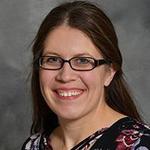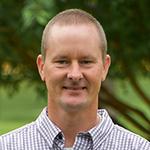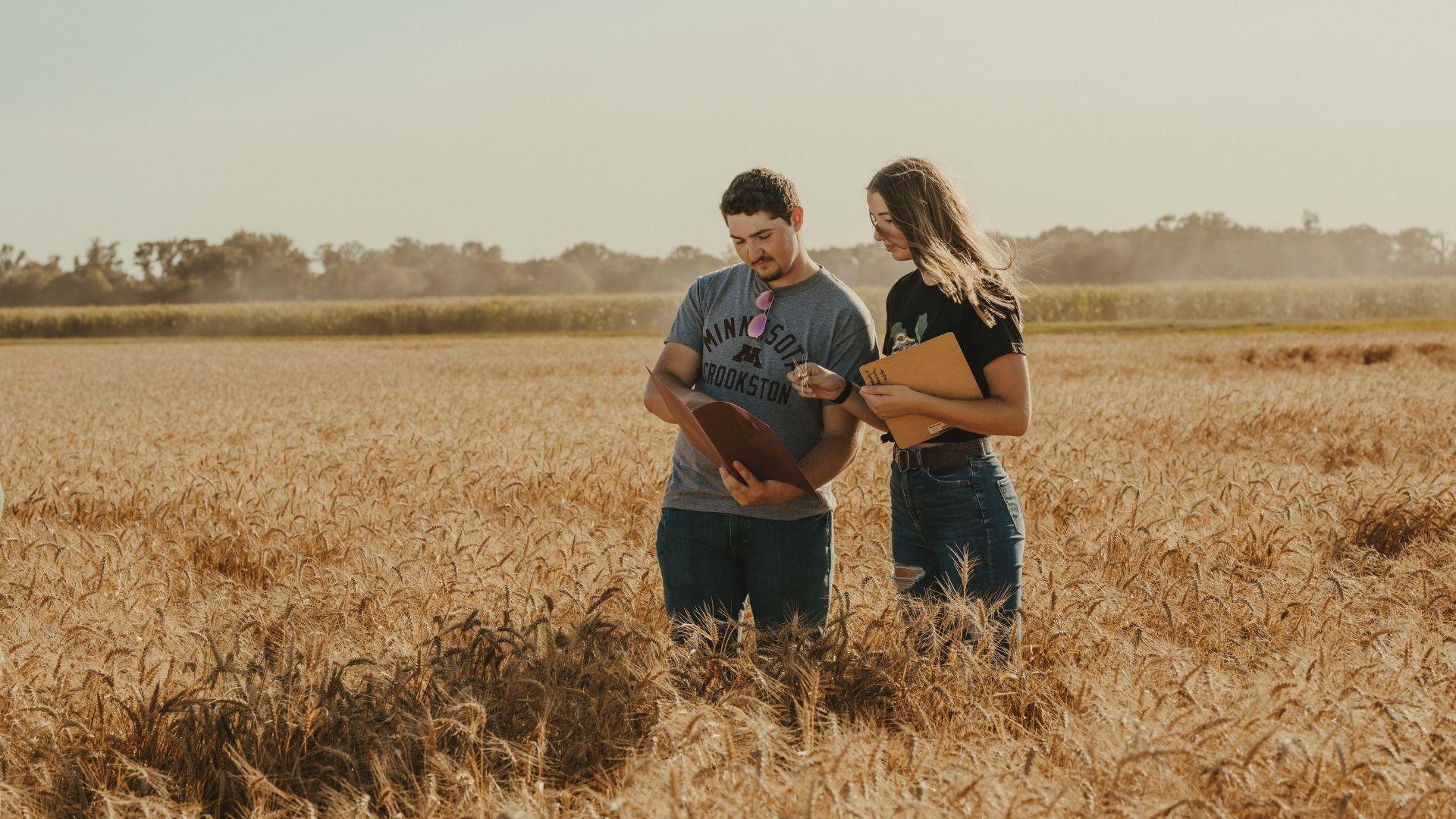
EXPLORE THE AGRONOMY PROGRAM
As the old saying goes, “what’s good for the goose is good for the gander.” Umm, that’s not always the case, though. What’s good for grapes may not be good for corn. Agronomy majors learn what individual crops need to be most productive. Study such topics as soil nutrients, pest management, and weed control. You’ll learn and do it all here. Take great satisfaction in knowing you’re helping feed the world. See how this highly technical field prepares students for a challenging career in so many areas.
Agronomy is a Bachelor of Science (B.S.) degree.
"Crookston has taught me more than my degree, but also who I am as a person." - Olivia Mickelson, Agronomy Major
Want more info?

Program Features
- EARN A UNIVERSITY OF MINNESOTA DEGREE
- Tile Image
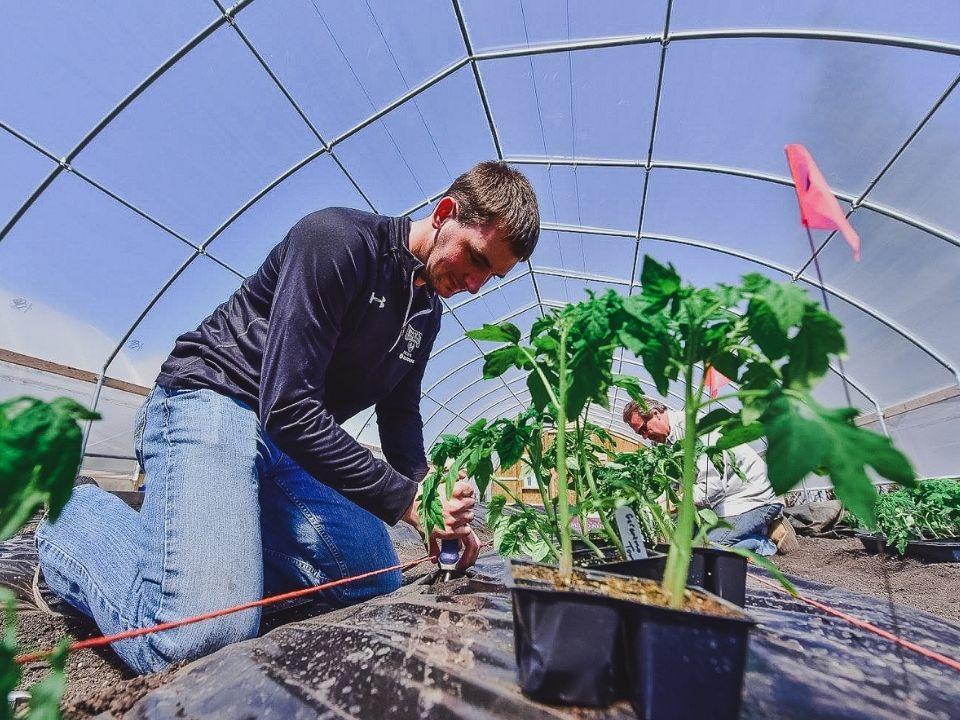
- AVERAGE SALARY: $50,383
- Tile Image
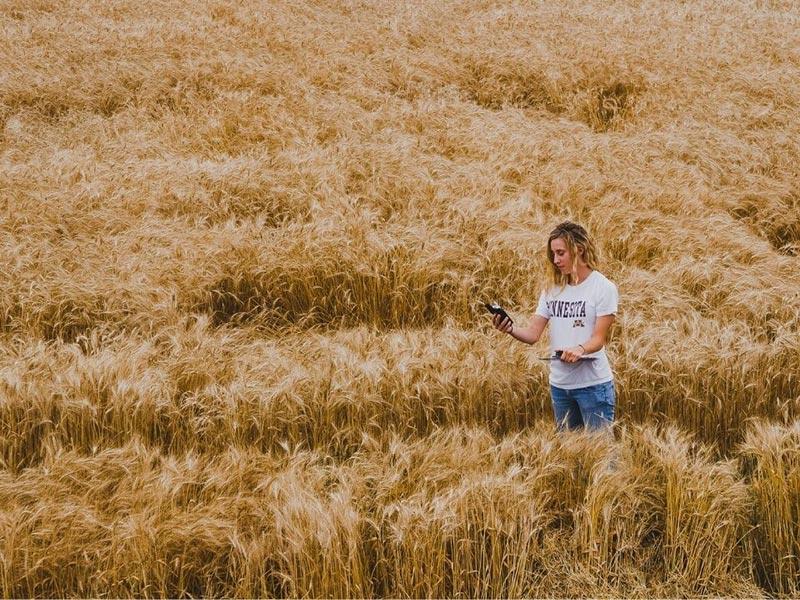
- Tile Image
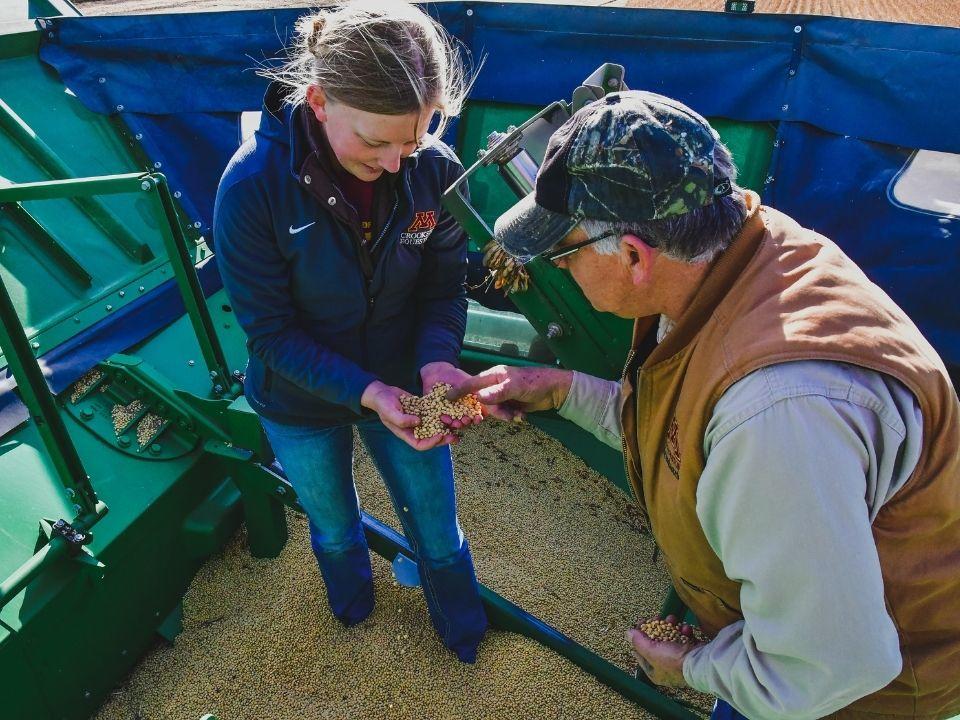
- JOIN THE AGRONOMY CLUB
- Tile Image
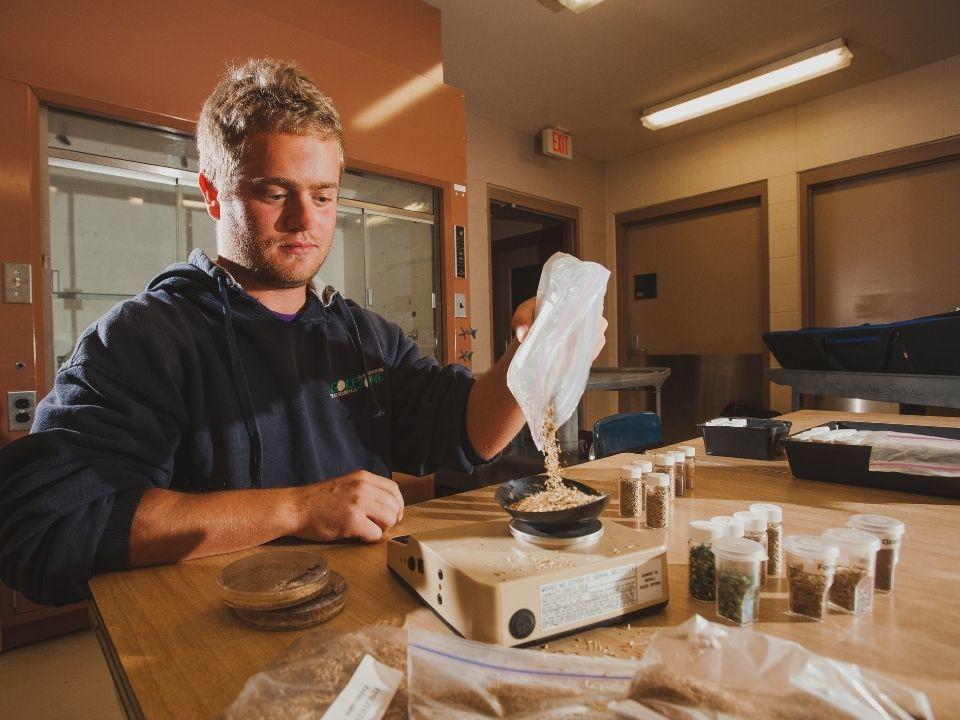
- COLLEGIATE CROPS JUDGING TEAM
REAL. HANDS-ON. READY.
quick facts >>I AM GOING TO FEED THE WORLD SOMEDAY
YOU have the power to make a difference.
CAREER OPTIONS
Agronomists (Crop production consultants), Agriculturists for private industry (such as American Crystal), Agronomy sales, Crop consultant, Crop scout, Crop managers (Farm managers), Extension, Farm Insurance Agents, Natural resources conservationists and agents for government agencies, Quality control experts for food processing, State Department of Agriculture, Seed analysts, USDA
EMPHASIS AREAS
- Agronomic Science
- Crop Production
Learn more about our Agronomy minor.

